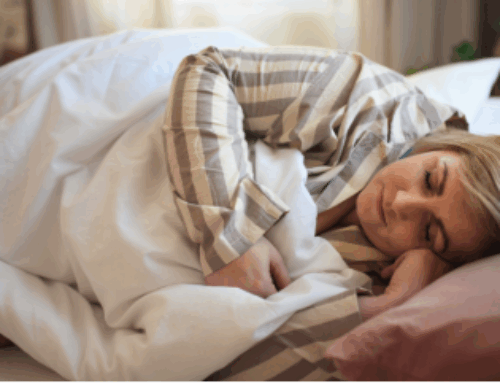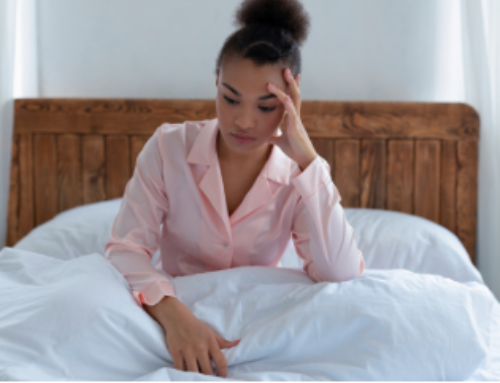A new study reports the discovery of the first gene involved in regulating the length of human sleep. A mutation in the gene enables some people to function well on only six hours of sleep per night.
The results were published in the Aug. 14 issue of the journal Science.
Researchers studied a mother and daughter who needed only about six hours of nightly sleep. Using blood samples they identified a rare mutation in the “DEC2” gene. The gene plays a role in the body’s circadian timing system. This system regulates the timing of when you sleep and wake.
Next the research team genetically engineered mice with the mutated gene. These mice slept less than normal mice; they had more “vigilance time” and less sleep time. They also responded better to a period of sleep loss.
“These changes in sleep homeostasis in the mutant mice could provide an explanation for why human subjects with the mutation are able to live unaffected by shorter amounts of sleep throughout their lives,” Fu said in a UC San Francisco statement.
The authors report that previous studies have identified a genetic basis for habitual total sleep time in other organisms. But none of the potential animal models could be matched with the genetic makeup of humans.
So do people with the mutated gene really need less sleep? Or does the mutation prevent them from getting enough sleep? The women with the gene mutation seem to function well. But the question remains to be answered.
The “short sleep” gene appears to be rare. Fu estimated that it may be found in only three percent of people.
In contrast, surveys show that sleep deprivation is much more common. The CDC reports that from 2004 to 2006, about 21 percent of U.S. adults usually slept for only six hours in a 24-hour period; about 8 percent reported sleeping less than 6 hours.
This means that most of the people who try to get by on six hours of shut-eye are depriving themselves of the sleep they need. This is called behaviorally induced insufficient sleep syndrome. The sleep loss produces daytime symptoms such as fatigue, irritability and poor concentration.
The AASM reports that a true short sleeper will function well on five hours of sleep or less; there will be no daytime impairment. There also will be no need to “catch-up” on sleep during the weekend.
Most adults need about seven to eight hours of sleep per night. According to the 2008 American Time Use Survey, people in the U.S. reported sleeping an average of 8.6 hours in a 24-hour period.





